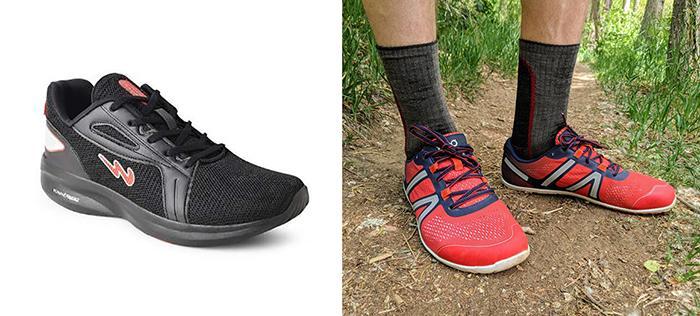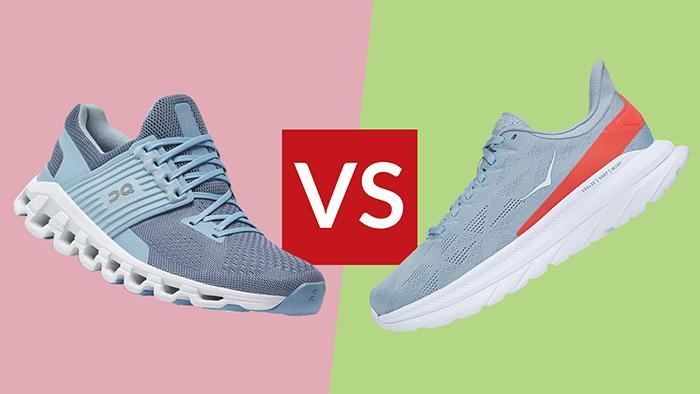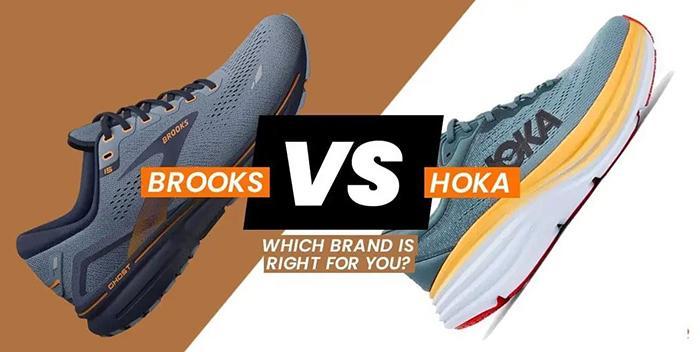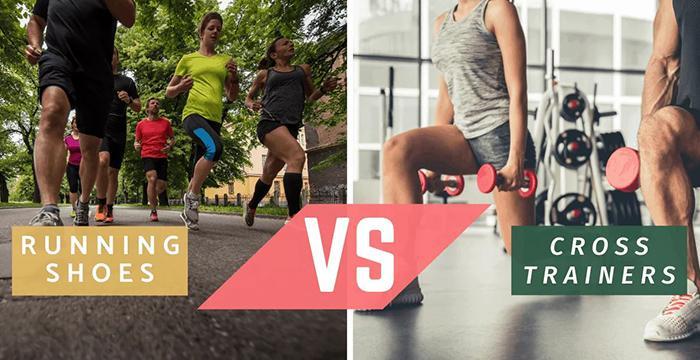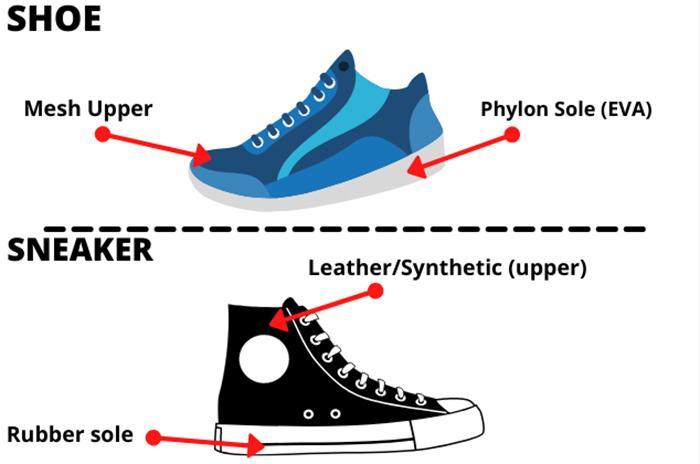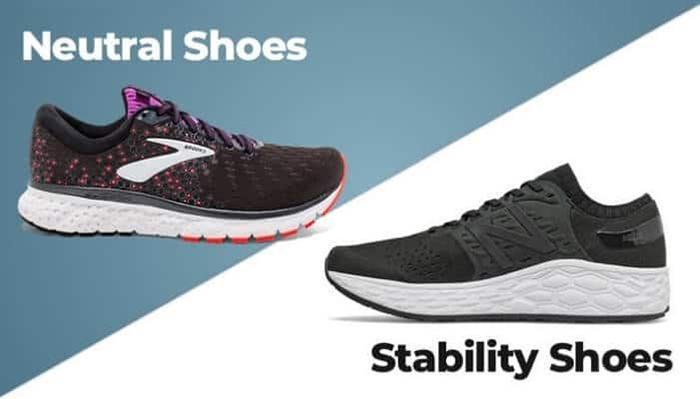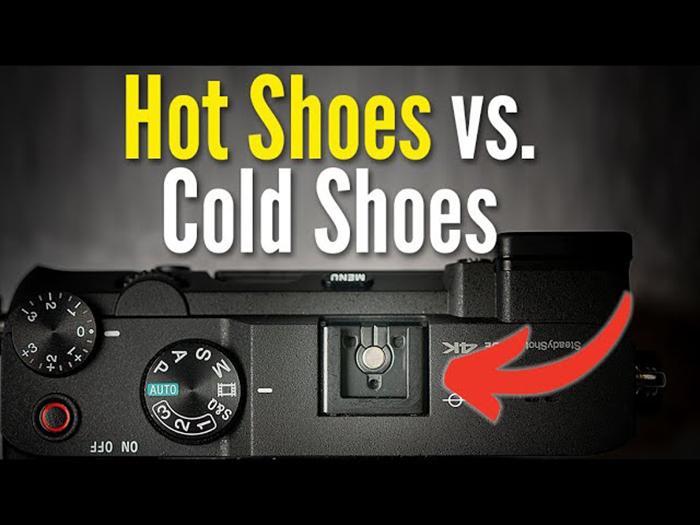Picking the right footwear is a crucial step for any outdoor enthusiast – are you confused about choosing between hiking shoes and trail runners?
Did you know that each shoe serves a distinct purpose depending on your activity and terrain?
You Are Watching: Hiking Shoes Vs Trail Runners Updated 02/2025
In this in-depth guide, we’ll dissect the differences between both types of footwear, helping you understand their pros and cons so you can make an informed decision tailored to your needs.
Ready for an exciting journey towards finding your perfect pair?.
Key Differences Between Hiking Shoes and Trail Runners
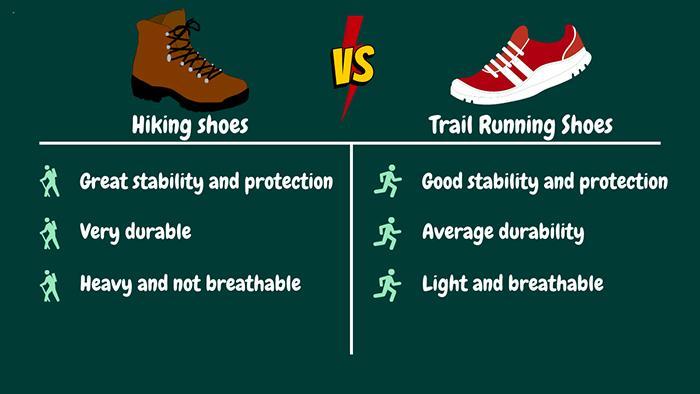
Weight advantage of trail runners
Trail runners edge out hiking shoes in terms of weight, being the lighter option. Their design targets agile footwork and swift movement, which necessitates a lightweight build.
Primarily fashioned from thin yet robust synthetic materials, trail running shoes do not burden your feet with unnecessary ounces.
This means you can cover greater distances with less effort and fatigue setting in slower compared to traditional hiking boots or shoes.
Lightness is especially beneficial for ultra-light hikers who strive to shed every possible ounce from their gear.
Therefore, if every gram counts on your outdoor expeditions, investing in trail runner shoes could be worth considering.
Support and protection
Hiking shoes have a distinct advantage when it comes to support and protection. These sturdy footwear options are designed to withstand the rugged and abrasive terrain that you may encounter on your adventures.
With their solid construction, hiking shoes offer superior stability compared to trail runners, making them ideal for tackling uneven ground or carrying heavier loads.
Additionally, hiking shoes provide excellent protection against sharp rocks and debris that could potentially cause discomfort or injury during your hike.
So if you’re looking for reliable foot support and enhanced protection on your outdoor excursions, investing in a pair of durable hiking shoes is definitely worth considering.
Durability
Hiking shoes have a distinct advantage when it comes to durability. These sturdy footwear options are specifically designed to withstand rugged, abrasive terrain and can hold up better under a heavy load compared to trail runners.
With reinforced soles and tough materials, hiking shoes are built to last longer, making them an ideal choice for nature hikes and outdoor adventures.
Read More : Cross Training Vs Running Shoes Updated 02/2025
So if you’re looking for footwear that can handle the toughest trails and provide long-lasting support, hiking shoes are definitely worth considering.
Traction advantage of hiking shoes
Hiking shoes have a clear advantage when it comes to traction, making them the ideal choice for those tackling rugged and slippery terrain.
With their deep lugs and sturdy outsoles, hiking shoes provide excellent grip on uneven surfaces, preventing slips and falls.
This means you can confidently navigate through rocky trails or muddy paths without worrying about losing your footing.
So whether you’re trekking up a steep mountain or exploring a challenging trail, trust in the superior traction of hiking shoes to keep you stable and safe every step of the way.
Comfort advantage
Comfort is a crucial factor to consider when choosing between hiking shoes and trail runners. Both types of footwear offer their own unique comforts.
Hiking shoes are typically designed with additional padding and support, providing a comfortable fit for long hikes on rugged terrain.
On the other hand, trail runners prioritize lightweight materials and flexibility, creating a comfortable feel for quick movements on trails.
Whether you prefer the cushioning of hiking shoes or the agile comfort of trail runners, it ultimately depends on your personal preference and the type of hiking experience you seek.
Factors to Consider When Choosing Between Hiking Shoes and Trail Runners
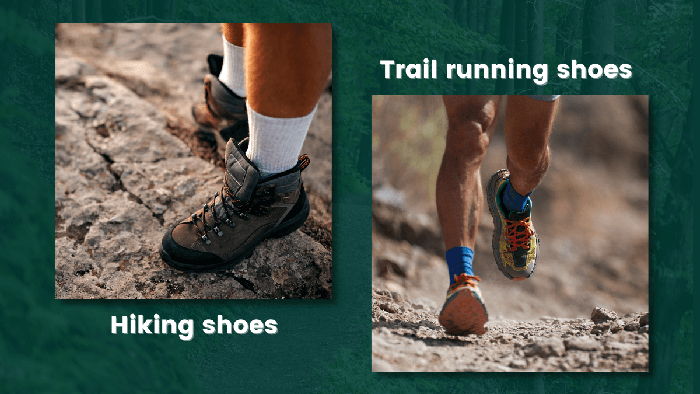
Performance considerations
When choosing between hiking shoes and trail runners, there are several performance considerations to keep in mind.
Hiking shoes are designed for rugged, abrasive terrain, providing better durability and protection against sharp rocks.
They also offer greater stability compared to trail runners, making them a great choice for longer hikes or backpacking trips.
On the other hand, trail running shoes prioritize mobility and agility. They are lighter in weight and made from breathable materials that allow your feet to stay cool during intense activities.
With more cushioning than hiking shoes, they provide added comfort while running on trails.
It’s important to consider the specific needs of your outdoor adventures when deciding between these two types of footwear.
Read More : What Color Shoes For Yellow Dress Updated 02/2025
If you’re planning on tackling challenging terrains or carrying heavy loads, hiking shoes would be the optimal choice for you.
However, if speed and agility are your priorities or you’ll be primarily running on trails rather than trekking long distances, then trail runners may be more suitable.
Breathability advantage of trail runners
Trail runners offer a significant advantage when it comes to breathability. These shoes are designed with lightweight and breathable materials, allowing air to circulate around your feet, keeping them cool and dry.
This is especially important during hot weather or strenuous hikes when your feet tend to sweat more. The enhanced breathability of trail runners helps prevent moisture build-up, reducing the risk of blisters and discomfort.
Plus, with their thin and lightweight construction, trail runners promote better airflow, ensuring that your feet stay fresh throughout your outdoor adventures.
So if you prioritize comfort and ventilation on the trails, opting for a pair of breathable trail runners would be an excellent choice for you!
Waterproofing advantage
Both hiking shoes and trail runners have their own advantages when it comes to waterproofing. While both types of footwear offer some level of protection against water, it’s important to note that neither is completely waterproof.
Hiking shoes typically have a higher cut, providing more coverage and better protection against water entering the shoe from the top.
On the other hand, trail runners are often made with breathable materials that allow moisture to escape, which can be an advantage in wet conditions by preventing excessive sweat build-up inside the shoe.
It’s worth considering your specific needs and the conditions you’ll be facing before making a decision on which type of footwear is best for you.
Which Shoe Style is Best for You?

Evaluate your specific hiking needs and preferences
- Determine the type of terrain you will be hiking on, such as rugged or rocky trails.
- Consider the duration of your hikes and how often you plan to go hiking.
- Think about the weight of your backpack and whether you need footwear that can support a heavier load.
- Assess your personal comfort preferences, such as ankle support or flexibility in your shoes.
- Take into account any foot conditions or special requirements you may have, such as arch support or wide toe boxes..
Consider the terrain and conditions you’ll be hiking in
Before choosing between hiking shoes and trail runners, it’s crucial to take into account the terrain and conditions you’ll be hiking in.
This will ensure that you select the right footwear for your outdoor adventures. Here are some factors to consider:
- Evaluate the ruggedness of the terrain: If you’ll be hiking on rough, abrasive terrain with sharp rocks and uneven surfaces, hiking shoes would be a better choice. They provide more protection against potential injuries and offer sturdy stability.
- Assess the weight and load you’ll be carrying: If you plan on carrying a heavy backpack or gear, hiking shoes are designed to handle heavier loads compared to trail runners. They offer better support for your feet and ankles during long hikes with added weight.
- Consider the weather conditions: If you’re expecting wet or muddy trails, waterproof hiking shoes can keep your feet dry and comfortable throughout the hike. However, if breathability is more important to you in hot or humid weather, trail runners tend to offer superior ventilation.
- Reflect on your mobility preferences: Trail runners are lightweight and allow for a more natural foot movement while running or jogging on trails. If you prefer a more nimble feel during your hikes or enjoy trail running as part of your outdoor activities, trail runners might be the better option.
- Take into account durability requirements: For longer nature hikes or multi-day trips where durability is paramount, hiking shoes generally last longer due to their construction and materials used. They are built to withstand extended wear and tear from various terrains.
Try on and test both hiking shoes and trail runners
- Visit a reputable outdoor store that carries a wide selection of hiking shoes and trail runners.
- Ask the salesperson for assistance in finding the right size and fit for your feet.
- Put on both hiking shoes and trail runners to compare how they feel on your feet.
- Take a few steps in each shoe to assess their comfort and support.
- Pay attention to any areas of discomfort or pressure points that may arise.
- Walk around the store or even outside if permitted to get a better sense of how the shoes perform.
- Test each pair on different surfaces, such as gravel, grass, or uneven terrain, to evaluate their traction and stability.
- Consider trying on the shoes with any hiking socks you plan to wear during your hikes for a more accurate fit assessment.
- Take note of how the shoes handle moisture if waterproofing is a priority for you.
- Don’t be afraid to ask questions about the features and technology incorporated into each shoe design.
Conclusion
In conclusion, when deciding between hiking shoes and trail runners, it’s important to consider your specific needs and preferences.
If you’re tackling rugged terrain with a heavy load and need extra protection against sharp rocks, hiking shoes are the way to go.
However, if you prioritize lightweight agility and breathability for faster-paced activities on smoother trails, then trail runners are the better choice.
Ultimately, trying on both styles and testing them in different conditions will help you make a decision that ensures maximum comfort and performance during your outdoor adventures.
Sources: https://www.centuryinshoes.com
Category: Shoes

